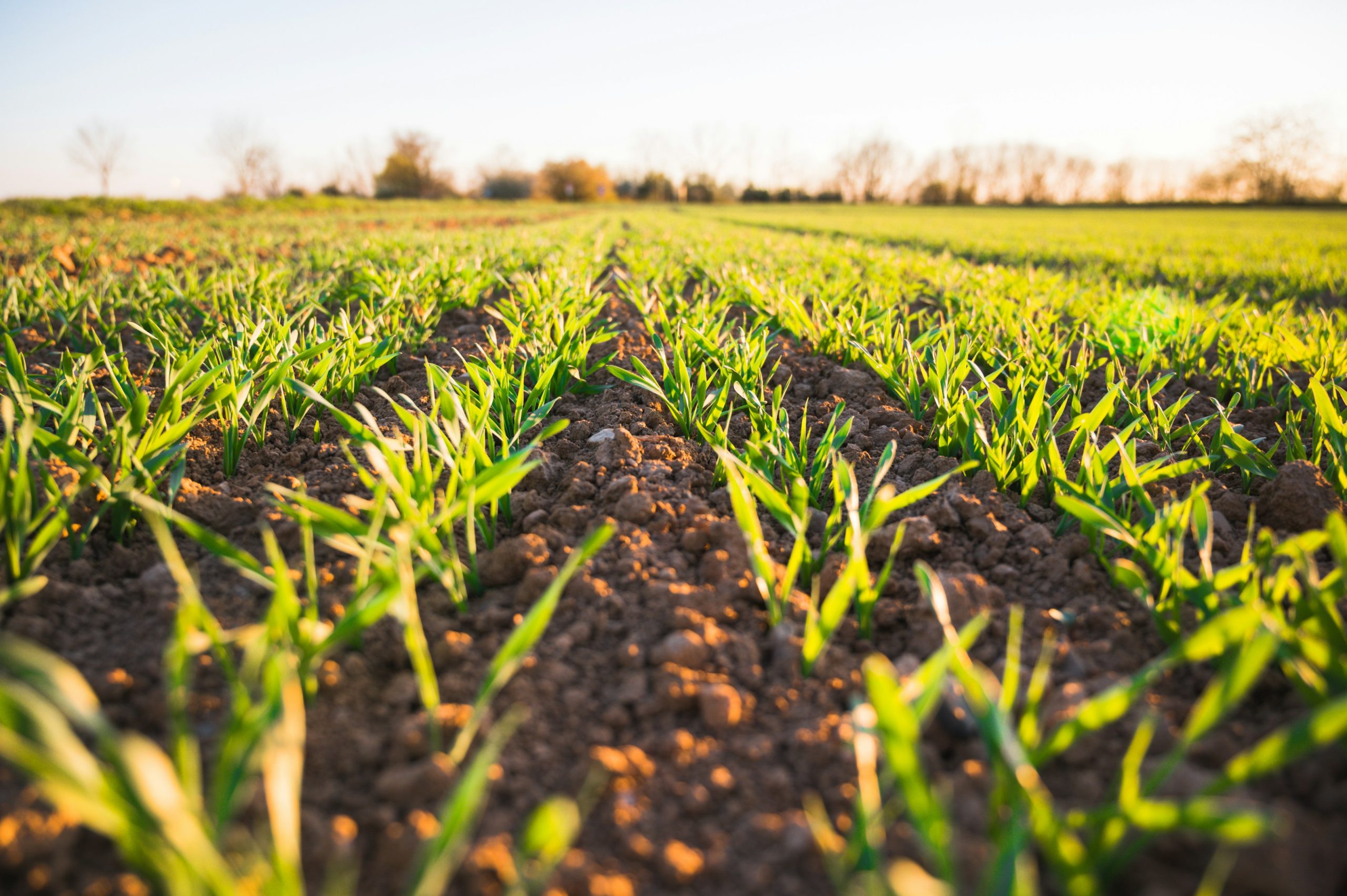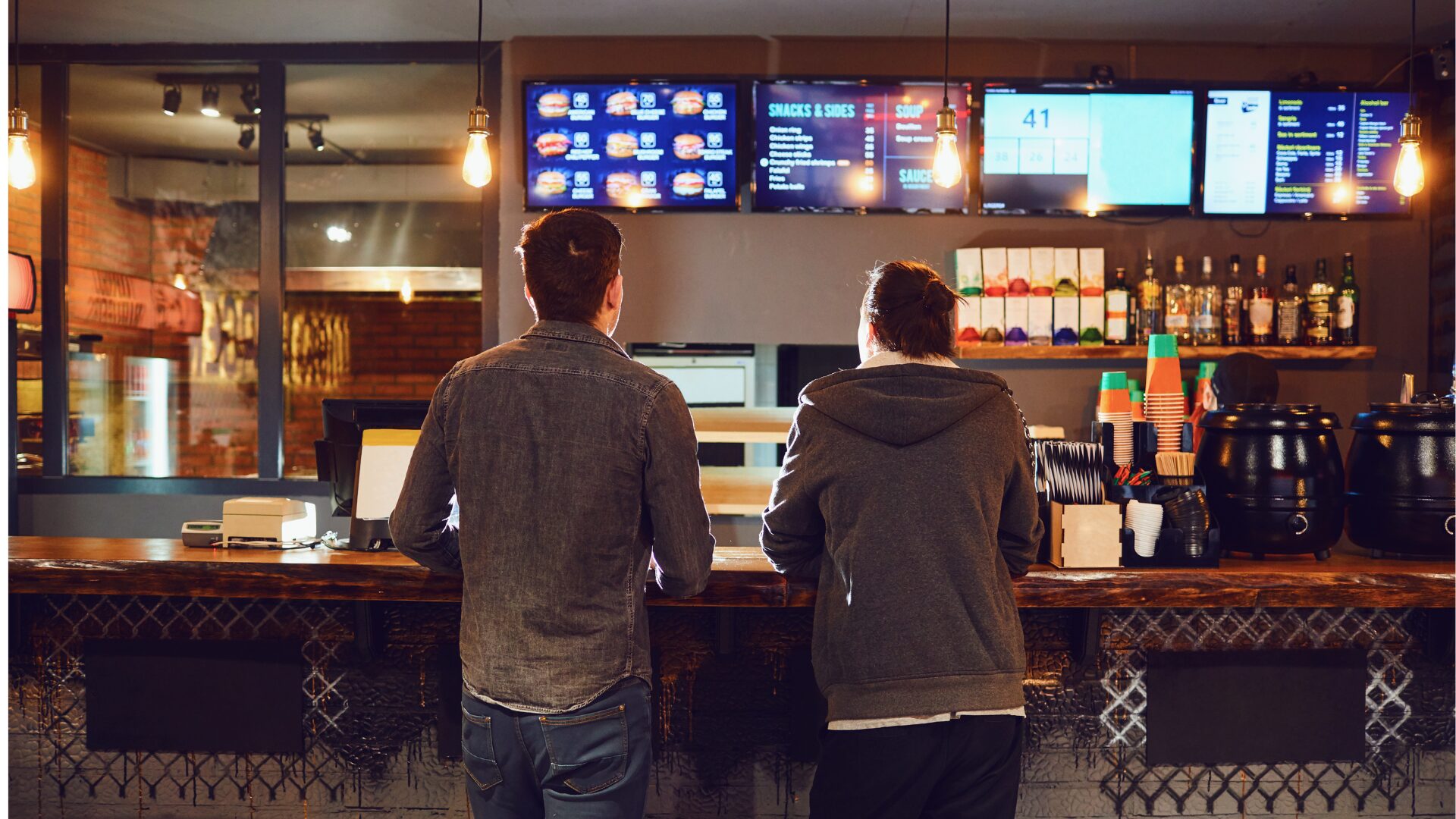Major food companies are increasingly placing importance on Environmental, Social, and Governance (ESG) practices. Corporations like Nestle, Danone, and McDonald’s have found that ESG initiatives are necessary to meet the demands of today’s consumers.
Nestle, for example, recently announced plans to aid the global fight against COVID-19.
Here’s a closer look at why food industry companies are implementing ESG practices more than ever.
NESTLE
Nestle plans to help distribute COVID-19 vaccines, especially in developing countries, once the shots become readily available. The company could also help with the financing or logistics of the rollout, according to CEO Mark Schneider, as reported by Bloomberg (Feb. 2).
“We’re very open-minded: we’ll try to find ways to either sponsor the payment for the vaccine or sponsor the way it gets applied in communities where we’re present,” Schneider said at a business forum organized by Swiss newspaper Le Temps.
Earlier in the pandemic, Nestle partnered with the International Federation of the Red Cross to donate money, food, bottled water, and medical nutrition products to the most-affected countries.
Another area of the ESG movement that Nestle has made steps toward is becoming more sustainable. In December, the company revealed it will invest $3.6 billion over the next five years to fight climate change and plans to halve its carbon emissions by 2030.
MCDONALD’S
McDonald’s recently opened its first net-zero restaurant in Buena Vista, Florida. The establishment, which first opened for a soft launch late last summer, has net-zero carbon emissions, using exclusively electricity-based energy, according to a company press release.
The store combines architecture and technology to create enough renewable energy on-site to cover its energy needs on a net annual basis. To do so, McDonald’s uses exclusively electricity-based energy at the locations, meaning there are no gas-powered stoves or water-heaters. It also has a natural ventilation and shading system designed to keep the building cool, reducing the need for air conditioning.
The 8,024-sq. ft. restaurant features an expansive solar paneled roof and photovoltaic glass panels integrated throughout the building, while plant-covered walls absorb Co2—promoting biodiversity and retaining water. Data and learnings from the restaurant will inform McDonald’s global sustainability efforts.
DANONE
Danone Canada recently signed the Canada Plastics Pact, reinforcing its commitment to make 100% of its packaging recyclable, reusable, or compostable by 2025.
The Plastics Pact network connects initiatives and organizations from around the world to implement a common vision for a plastics system that keeps plastics in the economy and out of the environment.
To learn more about ESG best practices, register for The Food Institute’s upcoming webinar ESG Best Practices for the Food Industry on Feb. 25 at 2 p.m. ET.












